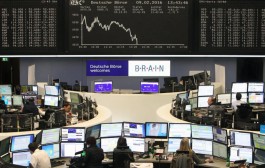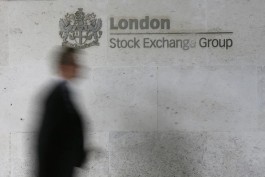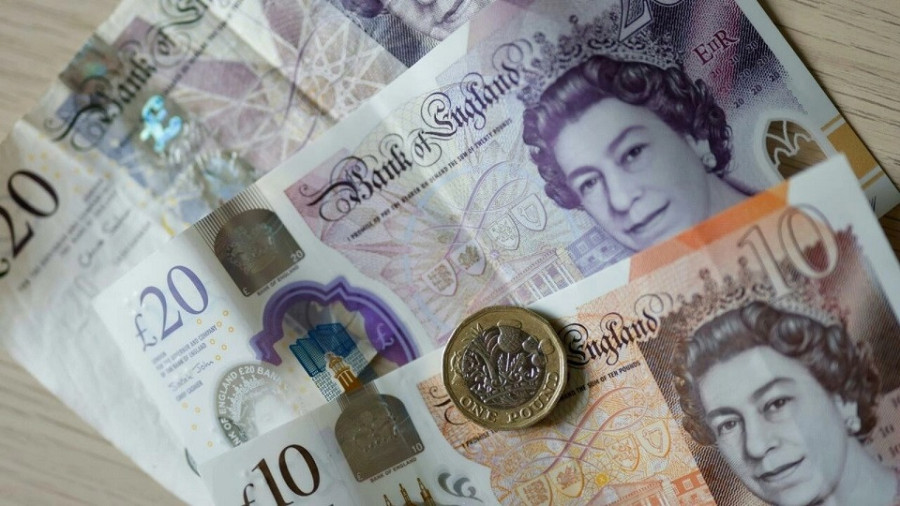The pound sterling rose in the European market on Tuesday against a basket of global currencies, to continue its recovery for the second day in a row from its lowest level in two months against the US dollar, in light of the activity of purchases from low levels, and thanks to expectations about British interest rates.
The statements of a monetary policy maker at the Bank of England reinforced the prospects for raising British interest rates by about 25 basis points next month, while keeping interest rates high for as long as possible to counter inflation pressures and wages in the United Kingdom.
British pound exchange rate today
The pound rose against the dollar by 0.25% to $1.2632, from the opening price of trading at $1.2603, and recorded the lowest level today at $1.2596.
Yesterday, Monday, the pound rose by 0.2% against the dollar, in the first gain in the last five days, after it recorded on Friday its lowest level in two months at $1.2548.
The British pound lost 1.3% against the US dollar last week, after bleak data on the main industrial and service sectors in the United Kingdom during August.
British interest
Investors are currently expecting another increase in the Bank of England's interest rate to 5.5% from its current level of 5.25% during the monetary policy meeting scheduled for September 21.
And then the current gap in interest rates between the United Kingdom and the United States will disappear by about 25 basis points, as it is widely likely that the Federal Reserve will stop raising US interest rates during its meeting next month.
Ben Broadbent
Bank of England Deputy Governor Ben Broadbent said Saturday in Jackson Hole that interest rates in Britain may remain high for a long time because inflation is unlikely to subside as quickly as required.
The Bank of England said earlier this month that borrowing costs are likely to remain high for some time, after it raised UK interest rates for the 14th consecutive time.
Broadbent said the effects of the second round are unlikely to abate as quickly as they did, and as such, monetary policy may need to remain in bound territory for some time to come.
He added that it is reasonable to expect lower energy and commodity prices over the next few months, but one can only be cautious about how quickly pressure on wages can be eased, and he made it clear that the Bank of England is not alone in being concerned about the risks posed by inflation.







































